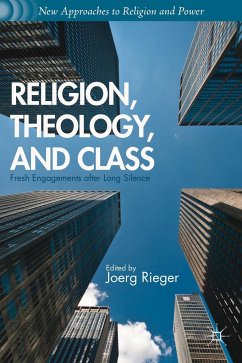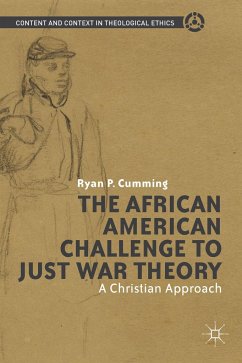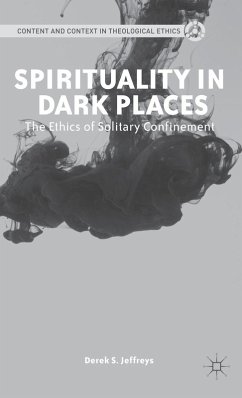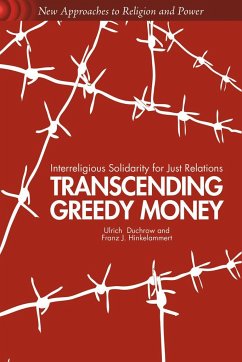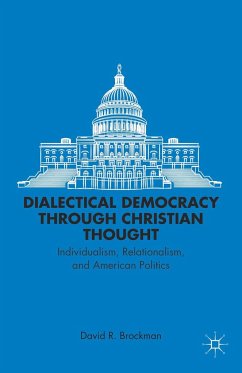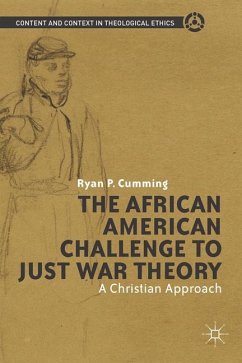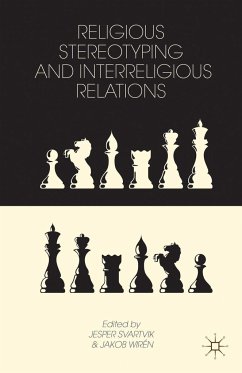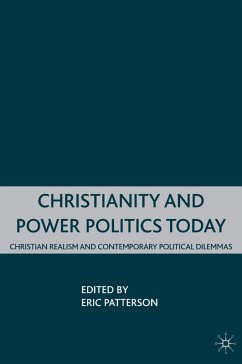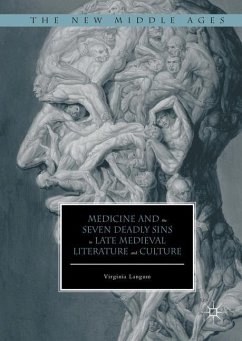
Religion, Theology, and Class
Fresh Engagements After Long Silence
Herausgegeben: Rieger, J.
Versandkostenfrei!
Versandfertig in 6-10 Tagen
38,99 €
inkl. MwSt.

PAYBACK Punkte
19 °P sammeln!
This important collection of essays addresses the question of why scholars can no longer do without class in religious studies and theology, and what we can learn from a renewed engagement with the topic. This volume discusses what new discourses regarding notions of gender, ethnicity, and race might add to developments on notions of class.





